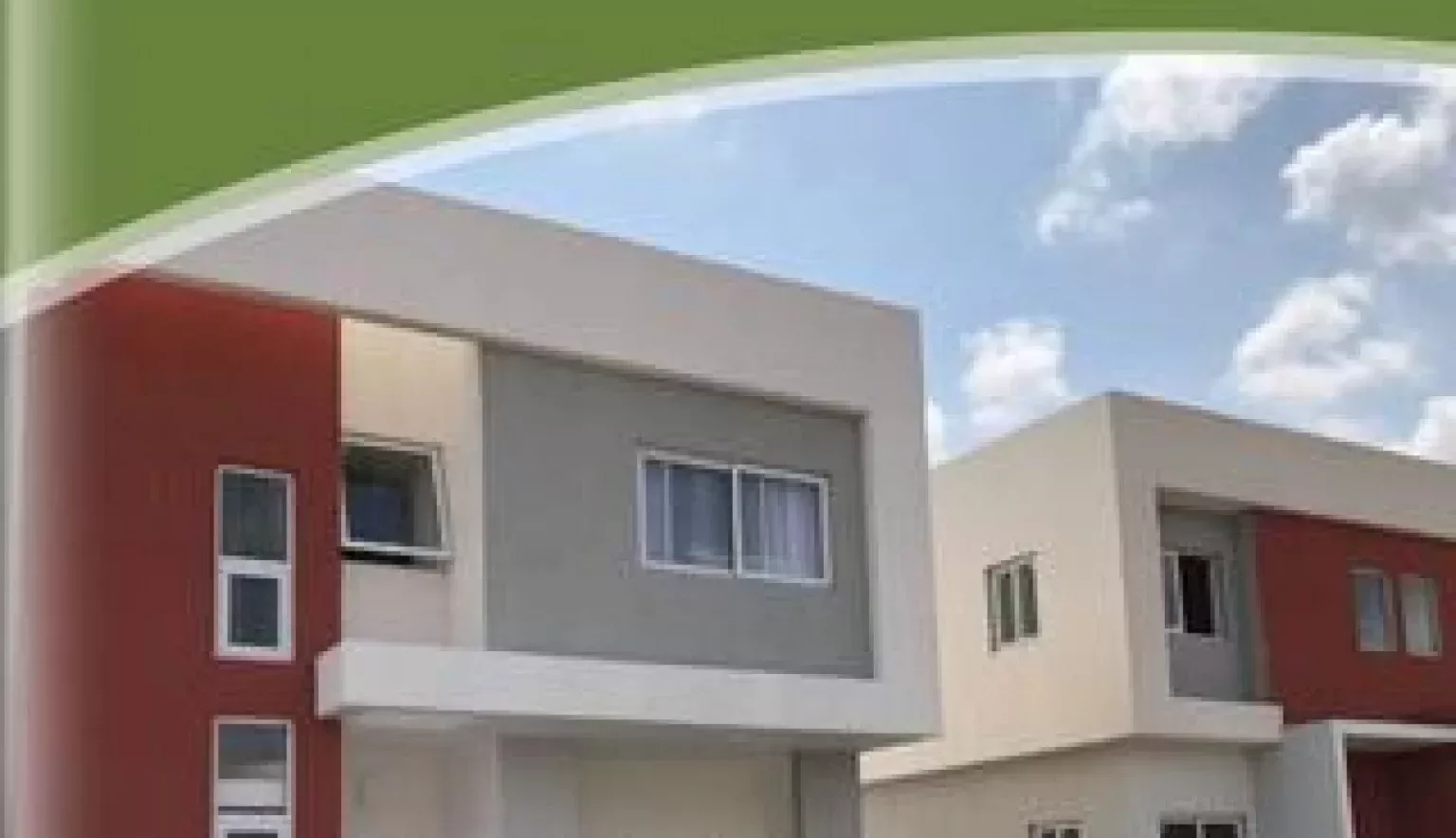Kiran Daswani, Founder of The Greens residential project, discusses its progress to date and why it signals a shift in direction for the country’s real estate market.
A RESPONSIBLE ANSWER TO GHANA’S HOUSING DEFICIT
Ghana’s construction sector has been booming for years. Since 2010, the industry has grown by more than 70% and employs over 300,000 people, according to the government’s statistical body. In 2015 alone, the Ghanaian construction market enjoyed a growth rate of 30.6% and accounted for 14.8% of GDP.
Much of this growth can be attributed to a rising demand for housing, a deficit the country still struggles to overturn to this day.
However, companies such as The Greens are looking to reverse this trend through responsible housing projects. Located in the bustling port city of Tema just outside of the capital city Accra, The Greens is a seven-acre gated community with the security, amenities and conveniences of modern living.
Once all four phases are complete, 125 homes of varying sizes and finishes will be occupied by predominantly young, aspiring Ghanaian families. With the land purchased a little over a year ago in July 2017, Phase 1 (12 homes) has now been completed, with a further 50 homes (Phase 2) due for handover between December this year and May 2019.
Having built up considerable real estate experience working in the UAE, Kiran Daswani, the Company Founder, is determined to provide a fundamentally different offering to Ghana’s property market – a proposition centred around trust.
“It is very hard to find quality housing in Ghana for the right price,” she says. “There are generally no vetting or minimum standards to adhere by, so we have to build that trust ourselves.
“What has helped is that we haven’t taken any loans from banks or taken on any debt, so we are comfortable financially with the construction. Some property developments are dependent on sales in order to continue building, but we do not have that issue, so we can keep confidence with our buyers and investors.
“Our buyers have been very happy so far – we are sold out on Phase 1 and around 80% have sold on Phase 2.”
The quality Daswani refers to is also, crucially, not out of reach of ordinary Ghanaians from a financial point of view. Starting at $69,000, the homes are far more affordable than their equivalent dwellings 30 kilometres away in Accra.
CHAMPIONING LOCAL BUSINESS
Building up confidence with homebuyers is just one element of the authenticity The Greens has established to date.
The project has also embedded itself into the Southern Ghanaian community by employing and procuring locally where possible, with 100% of site workers and almost all back-office workers being Ghana nationals.
“We buy a lot of materials locally, especially from Accra where a lot of materials have either been made locally or imported already,” says Daswani. “Not only do we save time, we support local traders.
“For instance, we make our solid wooden doors here rather than importing them. Ghana is known for its quality of wood, and we make sure it is well-treated and up to the standards we set ourselves.”
Daswani and The Greens’ approach has been recognised in the form of a Best Property Investment Award at December 2017’s Ghana Property Awards, an event showcasing the best examples of public-private partnerships coming to fruition.
FIRM FOUNDATIONS
Another key component to the successful delivery of the project to date has been the autonomy with which Daswani and her team operates.
“All our contracting is managed in-house,” she explains. “If we were to subcontract then our costs would be higher and we would have less control on quality.”
Keeping a firm handle on supply chain costs in turn allows The Greens to offer quality at affordable prices, with all houses even inclusive of a small solar panel designed to safeguard against power outages.
With the entire country heavily dependent on hydro power from the Akosombo dam, outages can have costly effects on homeowners, making the addition of a solar battery unit a sustainable backup. Communal streetlamps are also purely powered by solar.
“The solar panels and batteries are also upgradable,” Daswani adds. “We believe a good proportion of our buyers will want to upgrade their systems so they can generate more power themselves.”
Daswani confirms that phases three and four will begin following the successful handover of Phase 2 properties, confident that interest in the project will continue to be strong. “It is crucial to investor confidence that we do not stop once Phase 2 has completed,” she adds.
But what about further afield? Is Daswani looking elsewhere to replicate the model example of The Greens?
“We are actively looking for more land, so this is the first of many,” she concludes.






















